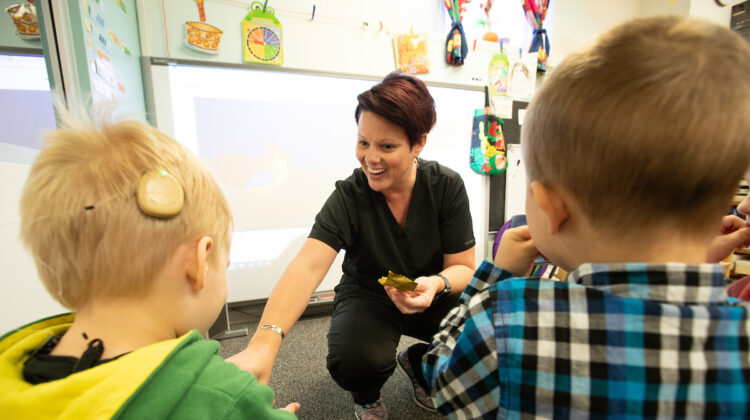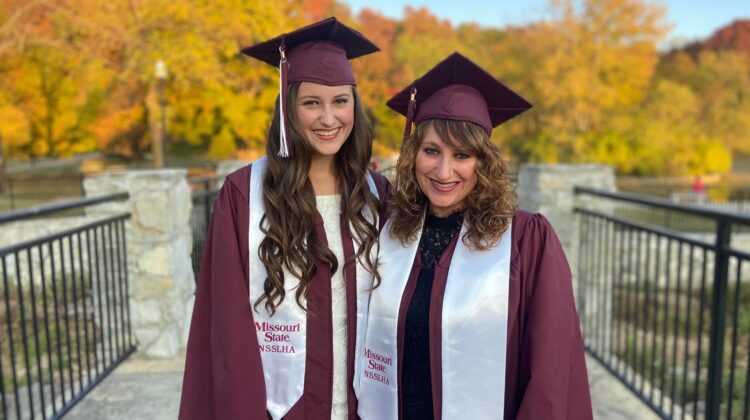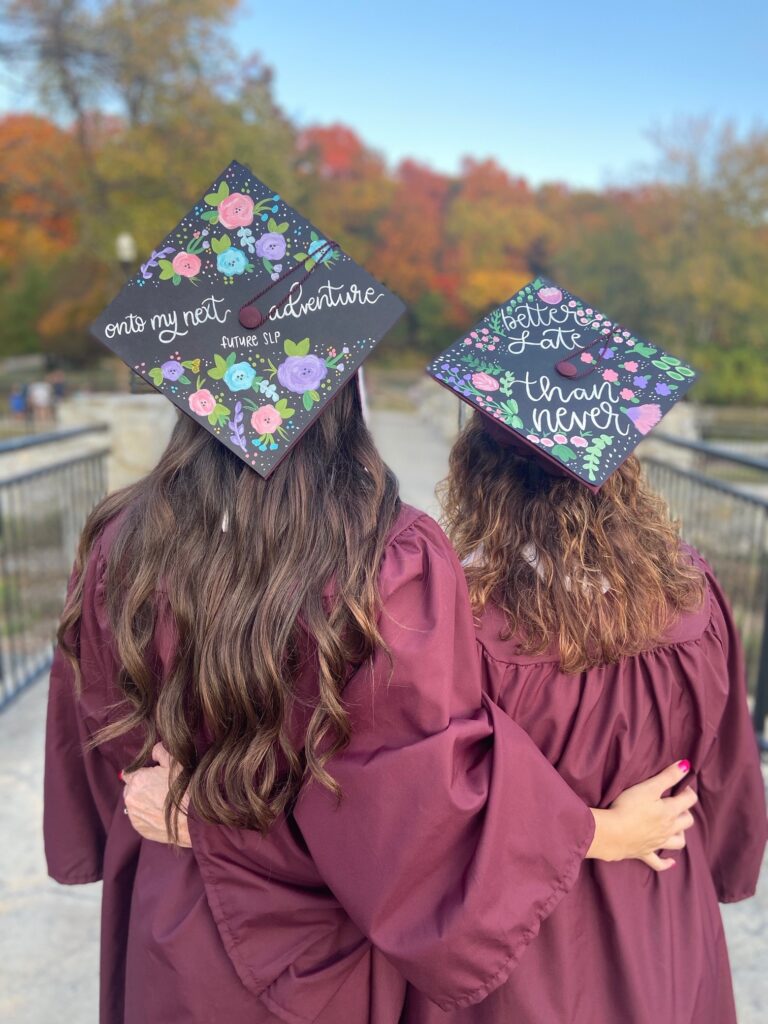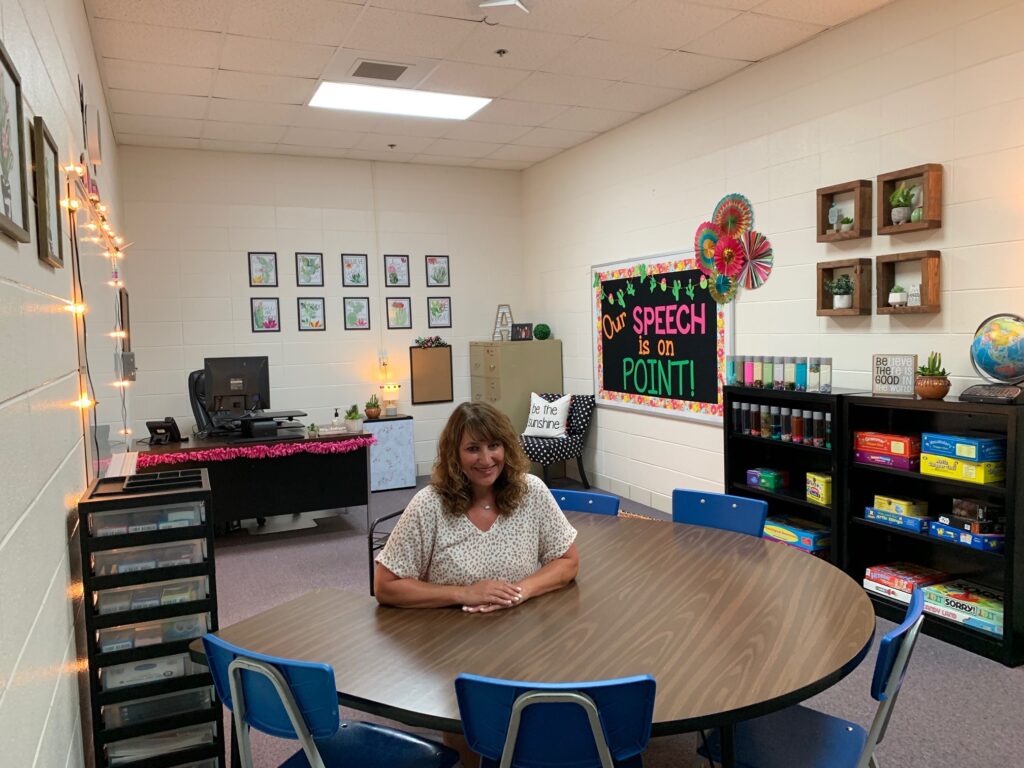The Speech, Language and Hearing Clinic is a vital resource for the Missouri State campus and the surrounding community. Students and faculty work with patients in three programs: Speech-language pathology, early intervention of the deaf and hard of hearing and audiology.
Dr. Lauren Jones, Tara Oetting and Dr. Sarah Jones oversee the clinic’s three programs.
“The collaboration here is amazing,” Oetting said. “I have speech pathologists down the hallway to get information from and to help me learn different things, and audiologists are down the other hallway. The chance to learn from my colleagues, or even students in the other areas, is very rewarding.”
Jones, Oetting and Jones discuss the collaborative and crucial work done in the clinic in May’s “Health Queries” episode.






